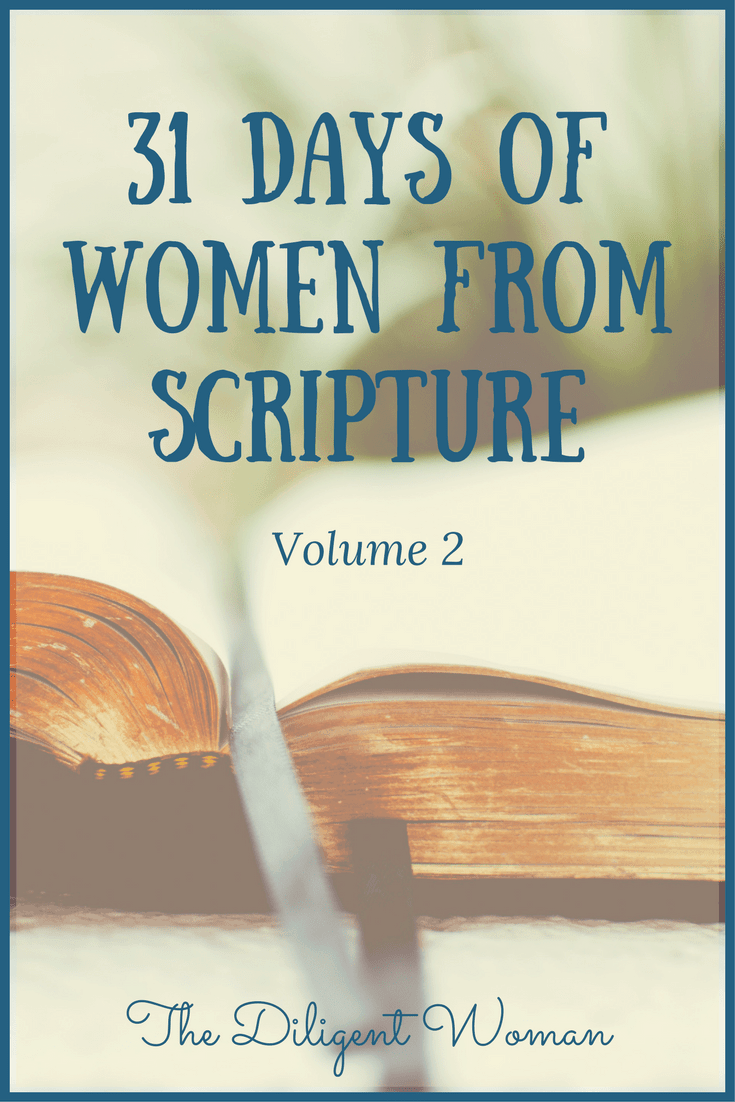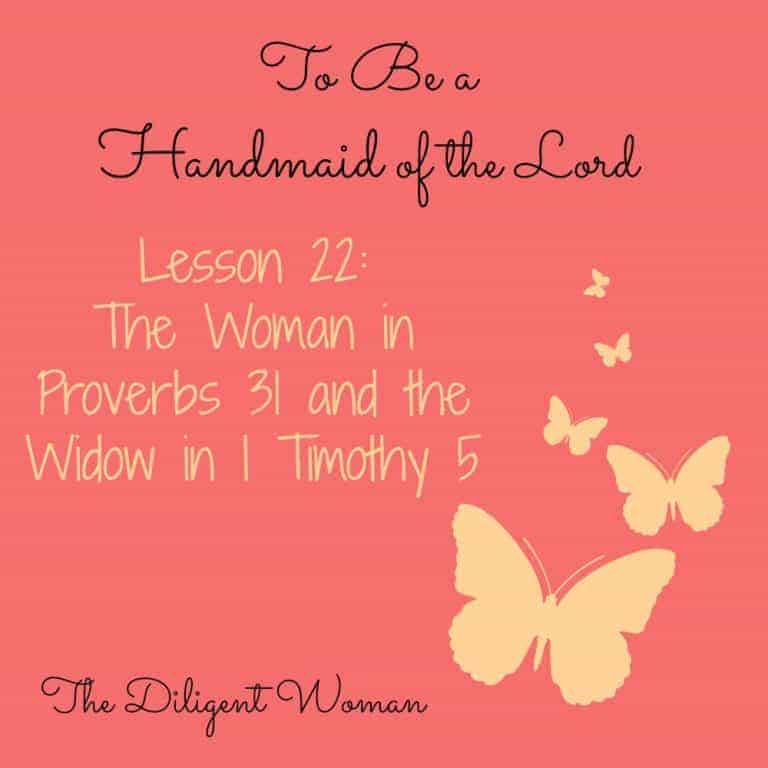Unequally Yoked – Lessons from Esau’s Wives
Lessons from Esau’s Wives
31 Days of Women from Scripture
Volume 2
Day 5
Unequally Yoked
Day Five: Esau’s Wives – Judith, Basemath, and Mahalath
Genesis 26:34-35; 27:46; 28:6-9; and Gen. 36:2
“I am tired of living because of the women our son married. If our other son takes a wife like them, I think it will kill me.”
A little dramatic?
Possibly.
But that is exactly how Rebekah felt about the wives Esau had married. She was that concerned about the wife that Jacob would choose.
Genesis 27:46 reads,
“Rebekah said to Isaac, ‘I am tired of living because of the daughters of Heth; if Jacob takes a wife from the daughters of Heth, like these, from the daughters of the land, what good will my life be to me?’”
Now, the timing of her comment was a bit, um, calculated, but that doesn’t mean that what she said was not entirely true.
So, what exactly was the problem with Esau’s wives?
When Esau was 40 years old he married two women from the Hittite nation – Judith (Oholibamah) and Basemath (Adah) (Gen. 26:34; Gen. 36:2).
The Hittites here are the sons of Heth who lived in the area of Hebron in Canaan. Abraham had taken his place to live among them (Gen. 23:1-7) and seemed to have good relations with them.
Despite the amicable relationship with the nations around him, Abraham did not seek a wife for Isaac from among them. He set the precedent for the family that marriages would be sought within the family tree (Gen. 24:3-4).
These two women, Judith and Basemath, brought “grief to Isaac and Rebekah” (Gen. 26:35).
The scripture doesn’t explain how they brought grief to Isaac and Rebekah, but I would not expect that it was just a national/racial issue. The mere fact that someone was from another nation, in scripture, does not lead to being “tired of living”. Quite the opposite, really. Ruth was a blessing to Naomi, even though she was from Moab. Ruth’s goodness was seen by all when she came to Israel and she was accepted there (Ruth 1:4; 4:14-15). Rahab was from Jericho and she was welcomed into the nation of Israel (Josh. 6:25; Matt. 1:5). So long as those from another nation were abiding by God’s law, God accepted them as His own (Ex. 12:48-49).
I believe, at the very least, that these two women refused to change their culture for the culture of Esau’s family. The Hittites would have been a nation that worshiped many gods.
In other relationships, these gods caused issues. Jacob married Rachel and Leah. When it was time to leave Laban, the Rachel stole his household idols (Gen. 31:19, 33-35). This caused a temporary issue with Laban, but nothing to the level of “grief”.
In the history of Israel, their use of the idols brought much grief to God. Job and Jonah both said their life was not worth living (Job 7:16; Jon. 4:3). Job was in torment, Jonah was being melodramatic. But the expressions are like Rebekah’s and they are not over something as simple as the choice of a wife by a son.
There must have been something, in the day to day, that these women did that made life unbearable for Rebekah and Isaac.
Esau tried to remedy the situation though, once he saw how happy Isaac was with Jacob going to Rebekah’s family to find a bride (Gen. 28:6-7). Jacob’s obedience in the matter seemed to be a big part of it too. So, Esau goes to Ishmael, who is family after all, and marries his daughter, Mahalath (also called Basemath) (Gen. 28:8-9; 36:2).
I do not know whether that additional marriage did Esau any good because scripture does not tell us of Rebekah and Isaac’s response to it.
There are many lessons to learn from this situation.
- There is wisdom in God’s commands to not marry those who do not have the same belief system that you do (Ex. 34:11-17; Deut. 7:3-6). Ruth and Rahab worked because they became believers of God and did not try to remain as they were before coming to Israel. Being equally yoked in this way helps to alleviate additional stress on a relationship.
- Our marriage choices affect our families.
- We can do something to make our relationships better.
At least, those are the three that came to mind today.
I could write a book on each one of those. But I want to focus on the third one.
I do not know what Judith and Basemath could have done to make things better with Isaac and Rebekah. But I do know that WE can do things to make our relationships better.
We have examples of things NOT to do.
- Rachel and Leah teach us to NOT be in competition with your family members.
- Hannah and Peninnah teach us that taking pride in your blessings over the lack of another causes heartache.
We also have examples of things to do.
- Abigail shows us how to handle yourself when your family members do not do as they should.
- Hannah shows us that leaning on the Lord and taking your concerns to Him in prayer works.
- Philippians 4:2 tells us to help those we love to get along.
Marriage is hard. Learning about each other. Considering another person’s wants and needs. Giving priority to one another over other people – even parents. It’s a learning process.
If there are issues with the family of either spouse, that just adds to the struggle.
To not be the Judith or Basemath to your extended family – do what you can to make those relationships better.
Do not look out only for your own interests, but think how you might serve them (Phil. 2:3-4). You can look out for your own needs, just don’t sacrifice everyone else’s to meet them.
Treat them the way you want to be treated (Matt. 7:12). If you want to be better understood, work to understand them better. If you want the history that made you who you are to be considered, do the same for them. Ask questions. Learn about them and their history.
Always seek to be at peace, by controlling what is dependent upon you (Rom. 12:18). Peace is a two-way street. You can only do so much. Make sure that you are doing your part.
Pray. 1 Timothy 2:1-2 says to pray for all men, “so that we may lead a tranquil and quiet life in all godliness and dignity.” God’s will is the way to peace. You either find peace by becoming united in your thinking with others (Ps. 133:1; 1 Cor. 1:10) or by being at peace with God while those of the world go their own way (Rom. 16:17-20; Phil. 4:7).
Esau’s choice of wives shows us how important it is to be thoughtful about whom you choose to marry. If we were studying him, we might also see how his relationship with his parents may have driven him to those choices in the first place. Maybe it was a form of rebellion on his part? He certainly tried to seek out the favor of his parents by marrying Ishmael’s daughter.
Relationships are constantly needing to be worked on. Even good relationships cannot just be left as they are – they need to be honed and fed and nurtured.
If you are in the place of not having a good relationship with family members – your own or your spouse’s – strive to do what you can to make things better. It won’t happen fast. Everyone is used to the status quo.
Pray to God. Make a plan. And see how you can go about changing way things are. Remember, Paul said, “so far as it depends on you”. Maybe in this way, you can find that you are not so unequally yoked anymore, and can all begin to pull in the same direction.
Enjoy!




Your “Unequally Yoked” link is downloading the “Adulterous Wives” lesson.
Thank you! It is fixed now! I must have “previewed” before I hit update and not after. Thank you again for letting me know!